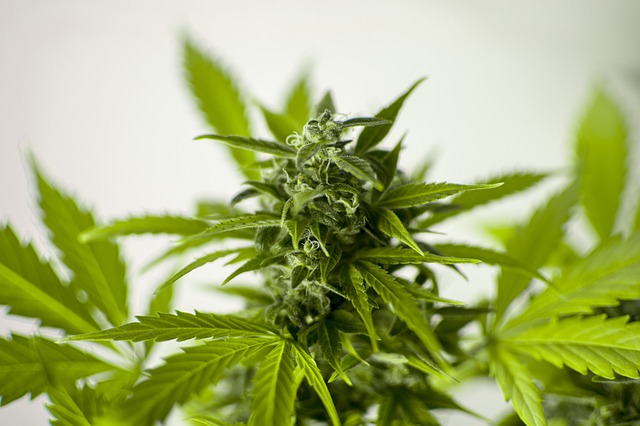On October 17, 2018, the Canadian Federal government put into effect the Cannabis Act, which outlined the legalization of recreational use of cannabis. There are some questions and concerns from a veterinary standpoint on how the Cannabis Act impacts the health and wellness of pets here in Ontario. This blog post will strive to unmuddy the waters of some of the most common questions regarding cannabis use in veterinary medicine.
Can my veterinarian prescribe cannabis for my pet?
There are currently no approved veterinary prescription drugs containing cannabinoids, including CBD (cannabidiol). Over the past years there has been growing interest in the use of cannabinoids in veterinary medicine. This is likely based on the increased use of cannabinoids in humans for their claims of pain relief, anti-inflammatory, anti-seizure, and more. This increase in interest for the medical use of cannabinoids in people as well as pets will likely lead to advancements in the research behind the use and safety for cannabinoids in veterinary medicine. Once the evidence is there, companies will begin to seek approval from Health Canada to permit veterinary use under the Act.
Once a drug that contains cannabis is approved by Health Canada for veterinary use, veterinarians will be able to prescribe it where appropriate.
There are products known as Veterinary Health Products (VHP) which are approved by Health Canada for sale in Ontario due to known low risks associated with these products. Hemp and hemp seed oil are both classified as a VHP.
If I access cannabis myself, can my veterinarian advise me on how to safely give it to my pet?
Cannabis products obtained for people, both medical and recreational, contain many different phytocannabinoids, including THC (tetrahydrocannabinol). There is currently no known safety and efficacy dosages for cannabis products in veterinary patients. This means that your veterinarian cannot provide evidence based dosing information for your pet at this time for cannabis products supplied for human-use.
With regards to CBD products obtained for medical use, your veterinarian can investigate the product for a notification number. If the product contains a notification number, it is a Health Canada approved VHP. Your veterinarian can search this notification number online to find further information on the product.
My pet accidently gained access to a cannabis product, what should I do?
The two most commonly recognized cannabinoids are CBD and THC. CBD is recognized as having low/limited toxicity, while THC is recognized to have moderate toxicity. Your pet may show signs of toxicity within minutes to hours of ingestion, sometimes up to 12 hours after ingestion of the product. Common clinical signs of toxicity include lethargy, dazed expression, difficulty walking, and dribbling of urine. Severe intoxication can lead to seizures.
It is important to notify your veterinarian as soon as your pet is suspected to have ingested or been exposed to cannabis products. It is also very important to notify your veterinarian if the cannabis product was part of an edible product, such as a brownie or cupcake, which may contain other ingredients toxic to your pet, such as chocolate. Your veterinarian is entirely on your side, and just wants to get your pet feeling better!
Information in this article is referenced from the College of Veterinarians of Ontario. (https://cvo.org), and the Pet Poison Helpline (https://www.petpoisonhelpline.com)


